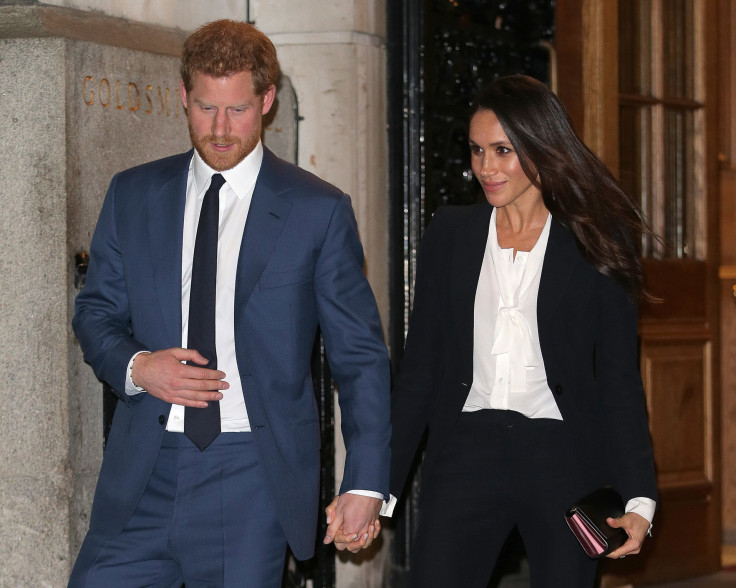Why Meghan Markle's Royal Allowance Won't Be A Lot Of Money

Though she gave up her job as an actress after becoming engaged to Prince Harry, Meghan Markle could still earn an income during her new life as a member of the royal family. However, the amount of money she may be eligible for could be far less than expected.
According to Business Insider, the actress is not eligible to become a British citizen until she's lived in the UK for five years, which means any income she earns, even if it is overseas, still needs to be filed with the U.S. government and taxed accordingly.
"US citizens, green card holders, and permanent residents are required to file tax returns with the IRS every year no matter where they reside," Avani Ramnani, a director of financial planning and wealth management at Francis Financial told the website. "This is a special tax return called the expatriate tax return. US citizens, including Meghan Markle, get taxed on international income earned outside the US."
Markle is expected to potentially receive an income as a member of the royal family through an allowance, similar to what her Harry, Prince William and Kate Middleton all receive from Prince Charles annually. Depending on the amount she received however, she would potentially have to pay double the taxes, as both someone who is earning a UK income, as well as being a US citizen.
It is unclear if she would also have access in terms of earnings to the yearly investment profit her fiance and his brother get each year from their late mother, Princess Diana's estate, but if that were included in her income, it could also mean she'd have to pay taxes on that as well.
Though she could qualify for some exclusions or credits, like a foreign earned income exclusion which waives taxes on the first $104,100 of income, or a foreign tax credit, which allows tax on any income exceeding that amount to be reduced depending on the amount of taxes paid in her country of residence, the situation could cause a bit of a headache for the royal family, and will require Markle to figure out how she wants to classify her income.
"The key for Meghan and her advisors would be to figure out what type of income she will be getting," Ramnani said. "Will this income be from the investments of a trust, or 'wages' for any work that she does, or any other type of income? Sometimes, getting one form of income is more advantageous than another."
However, even becoming a UK citizen in five years won't keep Markle from having to pay taxes in the U.S. if she retains dual citizenship.
In addition, is she has more than $300,00 in assets at any point during the year, she will have to file a specific form which details them, which would further increase the issues the royal family would face as they dealt with the situation.
It was previously reported that Markle would likely not receive an income from the royal family at all as she awaited her citizenship approval, so as to avoid the tax issues altogether.
© Copyright IBTimes 2025. All rights reserved.





















